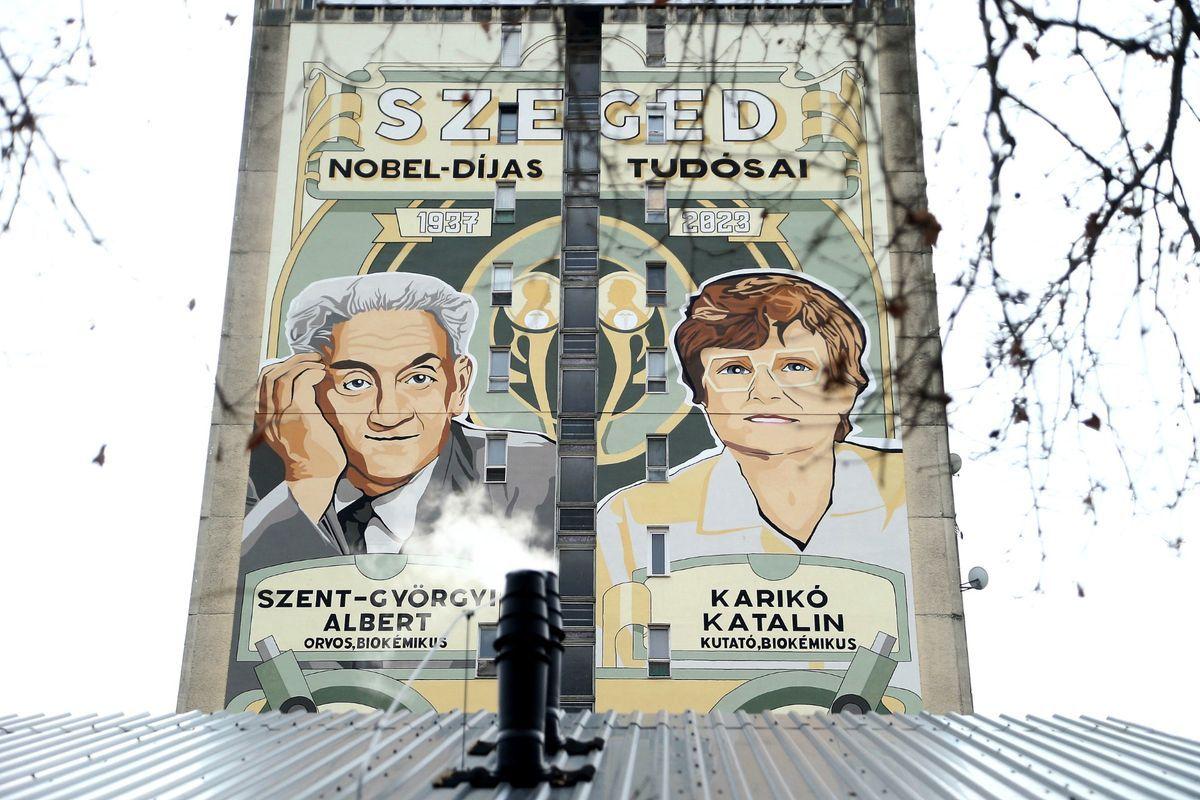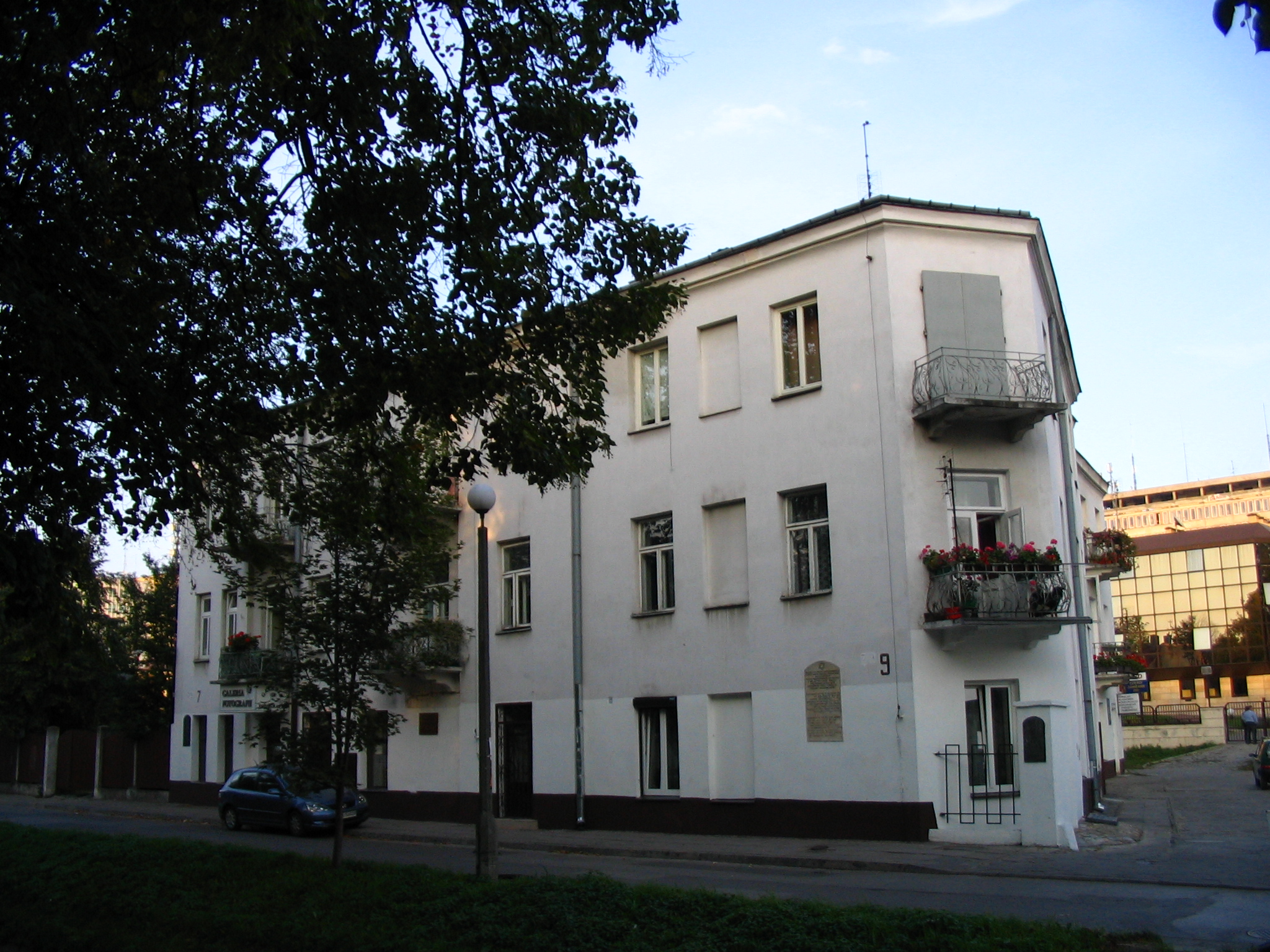Katalin Kariko and modern epidemiology (COVID19) – Szeged
Fact of the Hungarian figure „Semmelweis – Saviour of mothers”
Part of the „Pandemics” topic
Szeged, a city in Hungary, holds a special place in the history of modern science, particularly in the context of pandemics. It is here that Katalin Karikó, one of the key figures behind the mRNA vaccine technology, began her academic journey. Born and raised near Szeged, Karikó studied biology at the University of Szeged before moving abroad to pursue her groundbreaking research. Her work, which laid the foundation for the rapid development of COVID-19 vaccines, has had a global impact, but her connection to her Hungarian roots, and specifically to Szeged, remains significant.
Karikó’s discovery of the potential of mRNA technology revolutionized the field of epidemiology. The COVID-19 pandemic highlighted the need for swift and effective vaccine development, and Karikó’s research became a beacon of hope. Her work is a prime example of how scientists from Central Europe, despite working abroad, contribute to global scientific progress. Karikó’s success also draws attention to Szeged as a city that has nurtured scientific talent for decades.
Notably, Karikó is not the only prominent scientist associated with Szeged. The city was also home to another Nobel laureate, Albert Szent-Györgyi, who discovered Vitamin C and conducted pioneering research in biochemistry. Szent-Györgyi worked at the University of Szeged, where his research significantly contributed to our understanding of human biology. His discovery of Vitamin C had global health implications, much like Karikó’s mRNA research, underscoring Szeged’s ongoing role in advancing science and medicine.
The legacy of these two scientists from Szeged—Szent-Györgyi’s discovery of Vitamin C and Karikó’s contribution to mRNA technology—illustrates how this Central European city has been a cradle for scientific breakthroughs. Their work highlights the importance of interdisciplinary and international cooperation in tackling global challenges such as pandemics. Szeged’s contribution to modern science is a reminder that global innovations often have roots in local institutions, and that scientific excellence transcends borders.





